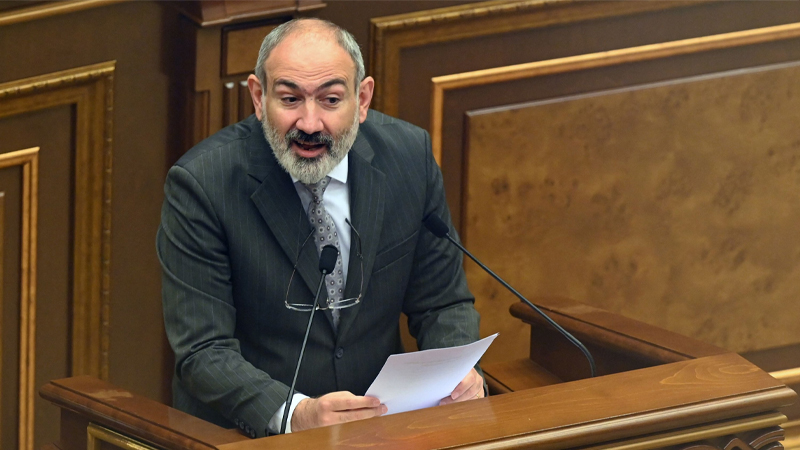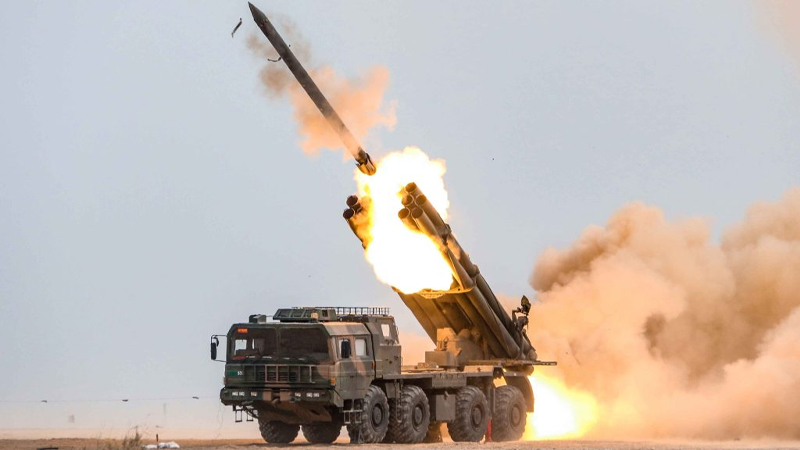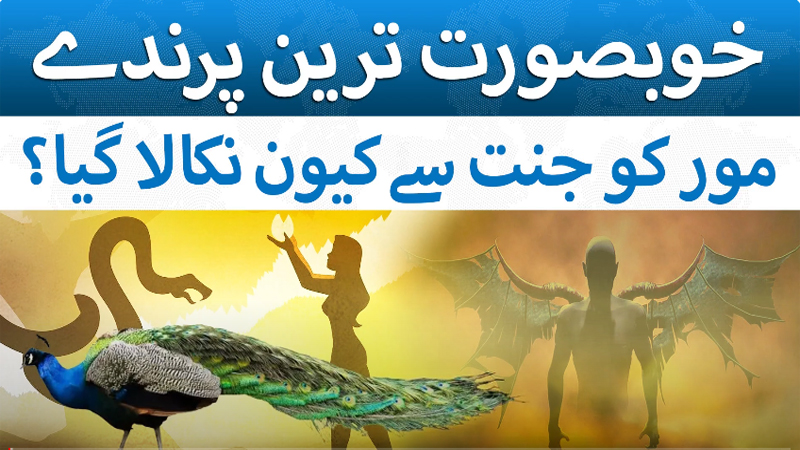Today marks the 93rd observance of Kashmir Martyrs’ Day, commemorating the tragic events of July 13, 1931, when 22 Kashmiri Muslims were killed by Dogra forces in Srinagar. This day, steeped in historical significance, recalls a pivotal moment in the region’s tumultuous past.
The fateful incident occurred during a protest against the trial of Abdul Qadeer Khan. Demonstrators gathered to voice their discontent, and as they attempted to call for prayers, police forces opened fire, killing the first muezzin. In a powerful act of resilience, others stepped forward to continue the call and were also shot, leading to a total of 22 deaths and over 100 injuries.
The fallen were laid to rest near the shrine of Khawaja Bahauddin Naqshbandi, a site now revered as the Martyrs’ Graveyard. This location has become a symbol of resistance and remembrance for the Kashmiri people.
In 2019, the Indian government under Prime Minister Narendra Modi revoked the official holiday status of July 13 in Kashmir, a move that has been met with widespread criticism and added to the region’s ongoing political strife.
Despite the removal of the holiday status and the persisting tensions, human rights organizations across the globe continue to condemn what they describe as ongoing oppression in Indian-administered Kashmir. These groups urge for the recognition and protection of the rights of the Kashmiri people.
As Kashmir observes Martyrs’ Day, the memory of those who lost their lives in 1931 remains a poignant reminder of the region’s enduring struggle for justice and autonomy.











Leave a Reply